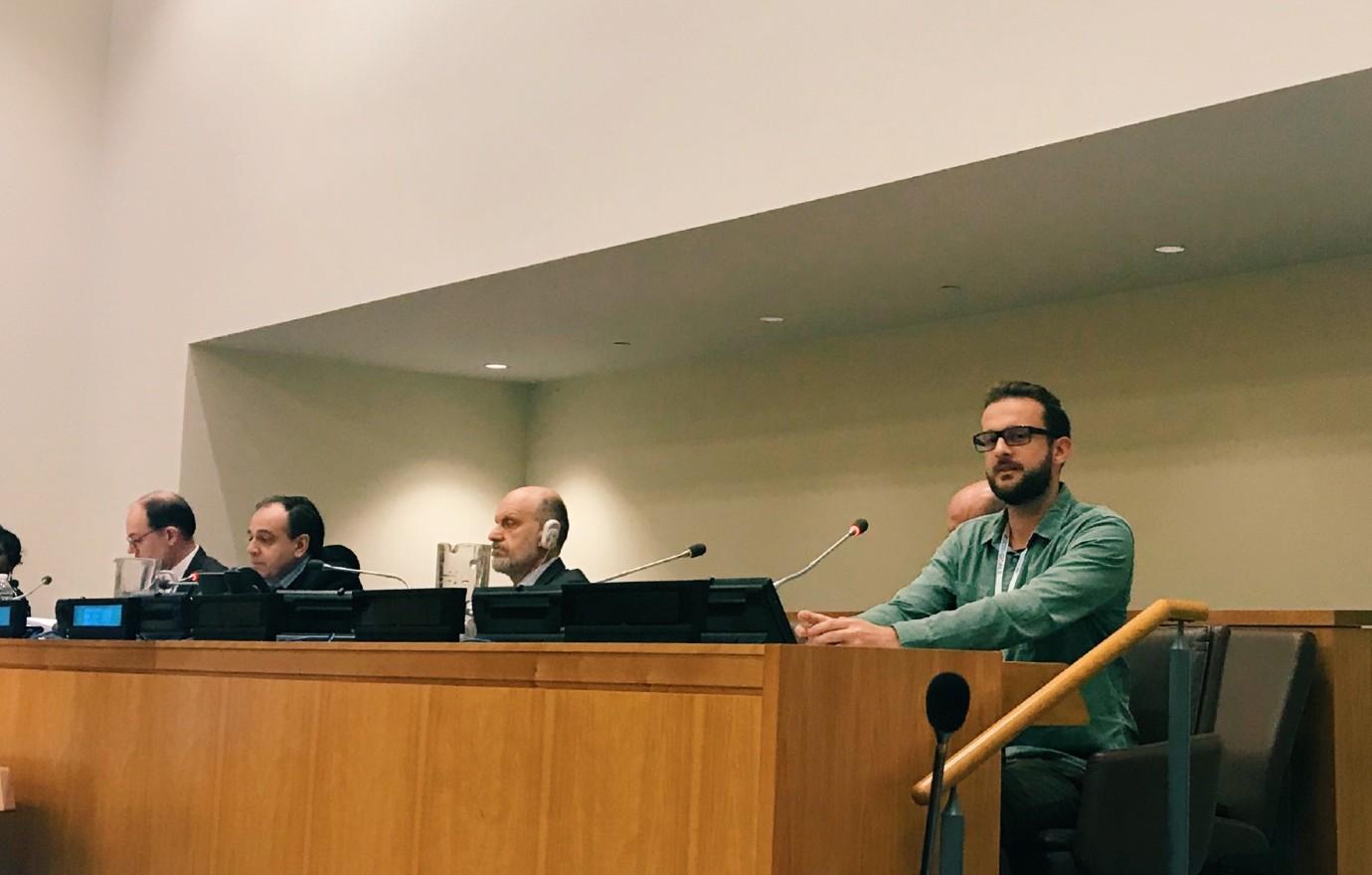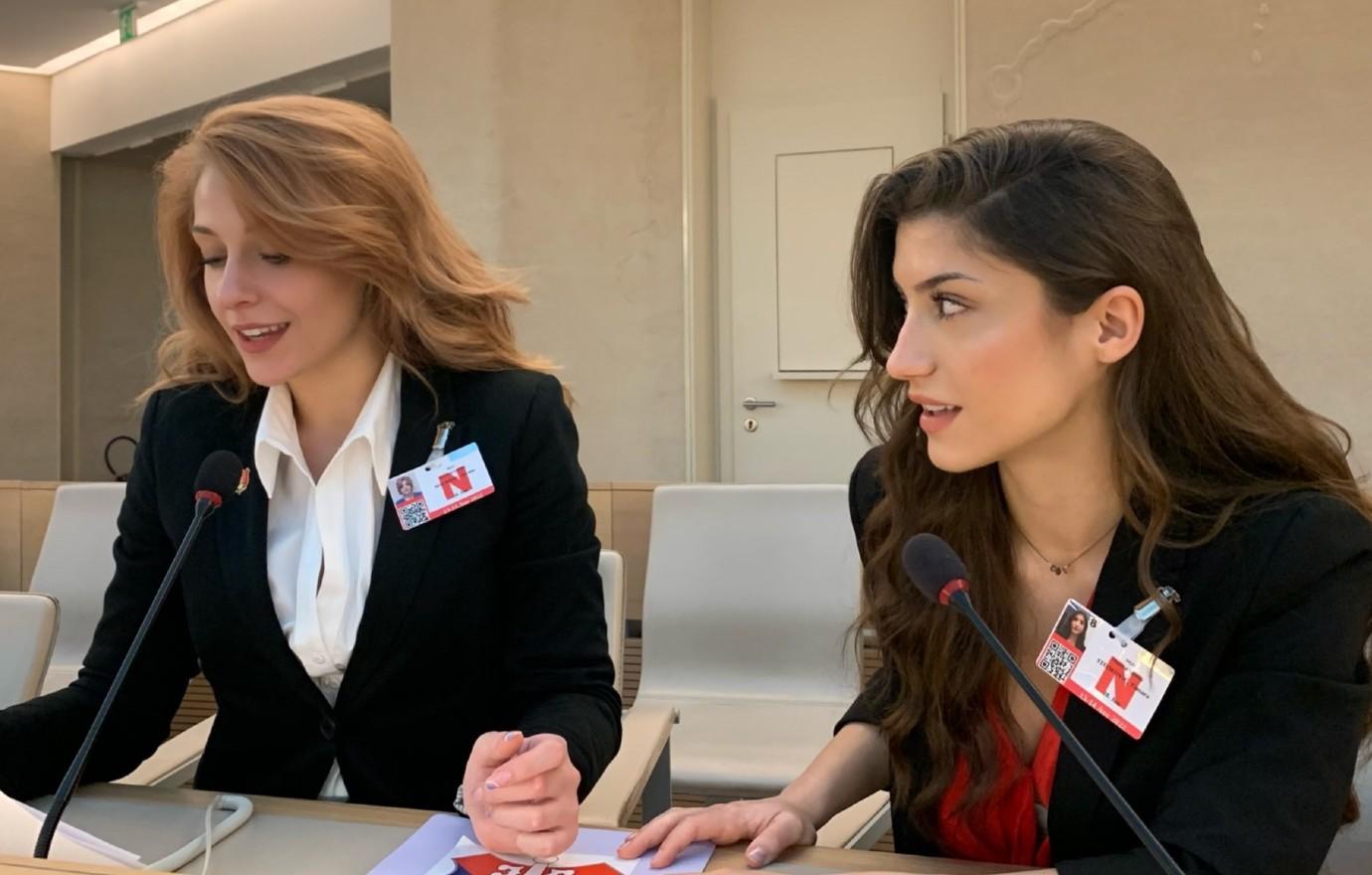 NEWS
NEWSWimbledon Finals Shines Light On Serbia's Humanitarian Heroes

July 11 2022, Published 3:57 p.m. ET
For Novak Djokovic, the royal box at Wimbledon is worlds away from the daily grind of the poverty-stricken reality he regularly recognizes with his humanitarian work.
As Djokovic celebrates winning his 21st grand slam title in front of the world’s biggest celebrities, including Britain’s royal family, fans back home are reminded of harder times. Just four months ago, a little-known tragedy struck a rural town in his home country, beckoning Djokovic and other humanitarians in the region to organize a response.
In the early hours of April 1, a group of coal miners trepidatiously awaited the end of their shift. Then, in a moment, tragedy struck.
For 10 days leading up to the incident, the cohort had tried to sound the alarm about unsafe conditions in Serbia’s Soko coal mine. The threat of methane poisoning, they warned, was imminent.
Yet, they showed up to work. Risking their lives for a monthly 500-euro salary wasn’t a matter of choice – they had kids to feed.

Poverty – which still runs rampant throughout the Western Balkans – forces hundreds of thousands of people from around the world into seeking work in one of the darkest and most dangerous industries. Though reliable figures are hard to come by, estimates from 2010 suggest that some 12,000 miners die each year.
It was the recognition of this impact of poverty that led the world’s best tennis player to respond to the Soko mine tragedy in the midst of a personally tumultuous time.
Djokovic had started the year embroiled in a media storm surrounding his participation in the Australian Open. By April, he had withdrawn from the Miami Open and had lost in the second round of the Monte Carlo Masters.
But back home, the Soko mine tragedy was flooding social media.
Driven by the seeming lack of traditional media coverage of the tragedy, humanitarian organization 28. Jun had decided to leverage its global network in the days after the incident aiming to raising money for the miners’ bereaved families.
That network, it would turn out, would play a key role in bringing the mining tragedy to light.
In 2011, the organization was started by a group of teenage volunteers gathering to raise funds for refugees. By 2022, it had grown to a volunteer-run network spanning 30 countries gaining Special Consultative Status with the Economic and Social Council of the United Nations. It was the only organization from the Western Balkans to do so, making it the only humanitarian organization from the region with the opportunity to advocate for social and economic justice on that global stage.
Throughout the years, the organization’s work focused on raising funds for vulnerable populations. This normally included supporting families living in abject poverty, education for at-risk children, orphanages and women’s shelters. Most recently, they’ve paired up with tech entrepreneurs and Good Tesla Society to organize one of the first non-profit NFT projects.

Want OK! each day? Sign up here!
The organization had also gained a track record for responding to environmental and social crises, sending 120 tons of aid during the horrific Balkan floods in 2014, as well as 20 tons of humanitarian and medical aid throughout the outbreak of the COVID-19 pandemic.
By 2022, their efforts had culminated in nearly $10 million in humanitarian aid to the region and various visits to the United Nations as advocates for sustainable development and social justice.
The Soko mine tragedy seemingly touched every branch of the organization’s work and internal consensus led 28. Jun to organize a response.
“Our shared belief— that those of us fortunate enough to be able to help, have the obligation to do so— is what propelled us for 10 years. When we heard about the mining tragedy, we knew it was on us to step up. Within a few hours we launched the fundraising campaign and a month later we donated 10 million Serbian dinars to the families of the deceased and the surviving miners. Being able to bring them at least some comfort during that time was an incredible feeling,” said Filip Filipi, founder and president of 28 Jun.
Using its traditional grassroots approach, the organization leveraged its strong online presence and organized global, youth-run events to spread awareness.

A few days after the tragedy, the campaign was gaining support from regional and global celebrities including Luka Jovic of LaLiga’s Real Mardid, Bogdan Bogdanovic of the NBA’s Atlanta Hawks, and Milan Lucic of the NHL’s Calgary Flames, and Polygon co-founder Mihailo Bjelic.
As 28. Jun’s initiatives gained traction, news of the tragedy and its impact reached the Novak Djokovic Foundation (NDF).
NDF was no stranger to supporting poverty-stricken communities throughout Serbia and the Western Balkans. Since its inception in 2007, the organization focused primarily on building pre-schools in remote parts of the region.
By 2022, the organization had built 52 schools, supporting education for more than 50,000 pupils. It also counted crisis response as a core component of its portfolio, having responded to numerous natural disasters, including the Croatian earthquakes, Balkan floods and COVID-19 in the Western Balkan region, specifically.
In April, NDF joined 28. Jun and Serbian organizations and celebrities in providing support to families affected by the Soko mine tragedy.
NDF joined the Association of Dramatic Artists of Serbia in dedicating a theatre production of the play “Ship Sails for Belgrade” to the children of the perished miners. Novak Djokovic and his wife, Jelena Djokovic, personally attended the production.
The staging further solidified influential support for the aftermath of the mining incident throughout Serbia. It also brought additional scrutiny to often-forgotten environmental and health hazards associated with mining.
28. Jun had the opportunity to bring that conversation to the global stage in its attendance of the 24th Annual Committee for the Working Group on Environmental Monitoring and Assessment at the United Nations in Geneva. In connection with the UN’s Sustainable Development Goals, the organization brought attention to the ecological and human toll associated with mining. Citing the Soko mining tragedy as a recent example, the organization called for the need to revisit regulations associated with working conditions in mines, particularly in the developing world.
As the assembly observed a moment of silence in honor of the deceased miners, the quiet was replaced by questions in the minds of many.
Given recent innovations in robotics and digitization, questions loom about the impact of automation on employment in the mining industry, particularly in developing countries. Further questions emerge about regulations, working conditions, sustainability and egalitarian enforcement of protections across the globe.
In developing nations, it often falls on celebrities and nonprofit organizations to lead the response to methane explosions, landslides and other tragedies that regularly occur in the mining sector. In viewing the Soko mine explosion as a guiding example, the lasting question remains – should it?


